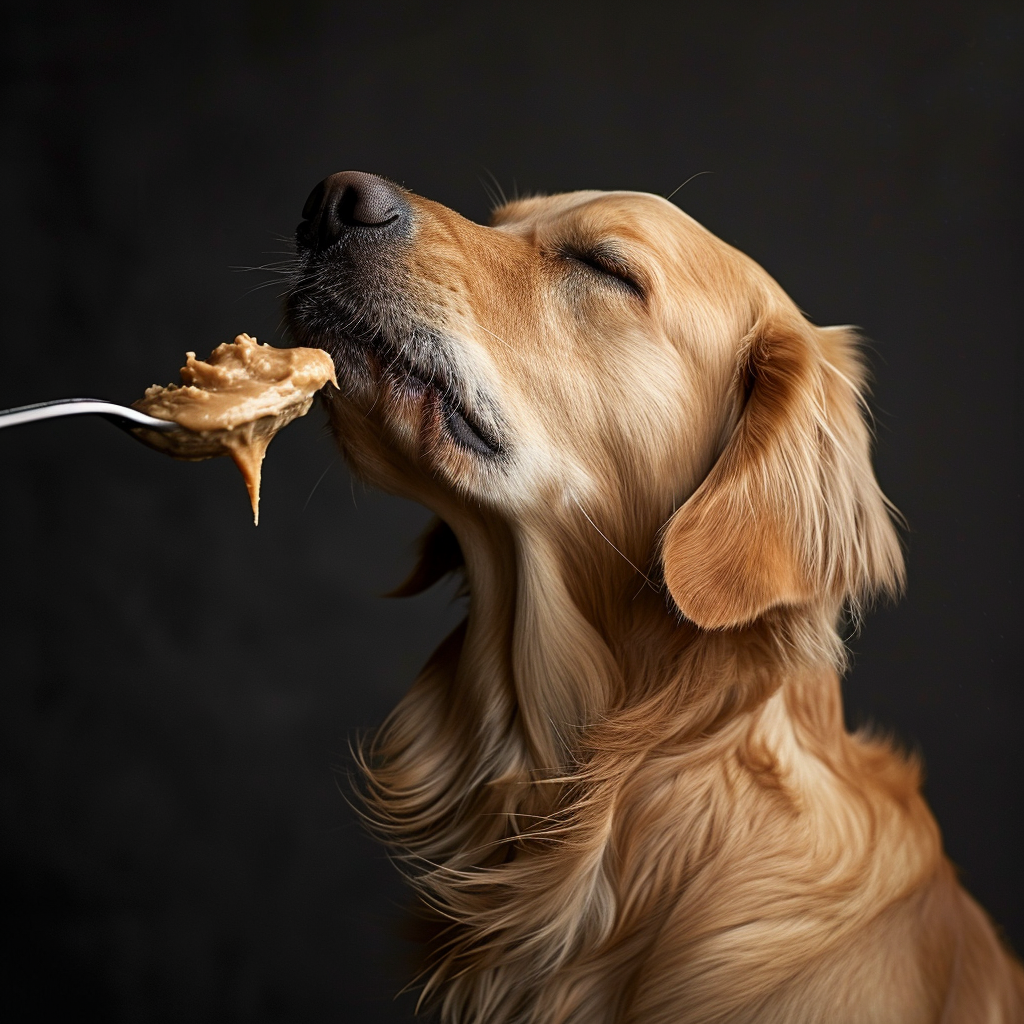Can Dogs Eat Sunflower Seeds

A frequently asked question is whether sunflower seeds, commonly found in many households, are safe and healthy for dogs. With the growing trend in pet nutrition leaning towards more natural and species-appropriate diets, it's crucial to examine the impact of popular human snacks like sunflower seeds on our pets' health.
Understanding Sunflower Seeds and Dogs
Sunflower seeds are well-known for their nutritional benefits to humans. Packed with vitamins, minerals, and essential fatty acids, they are a staple in many diets. However, know that giving your dog sunflower seeds is not the preferred option for snacking. While not toxic, it's important to consider whether they align with a dog's natural dietary needs.
The Downsides of Sunflower Seeds and Oils for Dogs
One of the primary concerns with feeding dogs sunflower seeds or using sunflower oil in their diet is the high content of omega-6 fatty acids. While essential in moderation, an excess of omega-6 can lead to inflammatory responses in dogs. In contrast to the anti-inflammatory properties of omega-3 fatty acids, commonly found in fish oils, the imbalanced consumption of omega-6 can contribute to chronic health issues such as arthritis, obesity, and other inflammatory conditions.
Moreover, many commercial dog foods and treats already contain high levels of omega-6 due to the prevalent use of vegetable oils, including sunflower oil. The addition of sunflower seeds or their oil in a dog's diet can further exacerbate the imbalance between omega-6 and omega-3 fatty acids, potentially leading to adverse health effects.
It is also possible that small dogs could potentially choke on a sunflower seed shell, and should be monitored if you decide to feed them to your pet. These shells could potentially lead to gastrointestinal blockage, or other digestive issues in older or smaller dogs.
Whole Prey Diet – A Natural Alternative
When considering optimal nutrition for dogs, a Whole Prey diet is now commonly recommended. This diet mimics the natural eating habits of wild canines by including a balanced mix of muscle meat, organs, and bones. Such a diet is inherently rich in the nutrients dogs evolved to consume. It provides a healthy balance of proteins, fats, vitamins, and minerals naturally, without the need for heavily processed ingredients or imbalanced fatty acid profiles found in some commercial dog foods.
The Whole Prey diet emphasizes the importance of feeding dogs food that not only satisfies their hunger but also nourishes their body holistically. It is designed to align with a dog's natural digestive and nutritional requirements, contributing to their overall health, vitality, and longevity.
Heart of the Canine Treats – A Better Snack Choice
In line with the principles of a Whole Prey diet, our 'Heart of the Canine' treats offer a more suitable and healthy snack option for dogs. These treats are crafted from high-quality, natural ingredients that provide the essential nutrients dogs need. They are free from the inflammatory risks associated with seed oils and are a great way to treat your dog without compromising their health.
'Heart of the Canine' treats are not only delicious but are also packed with the benefits of a Whole Prey diet. By offering these treats, dog owners can ensure their pets enjoy a snack that is both enjoyable and beneficial to their health, mirroring the natural diet of their wild counterparts.
Ingredients in Heart of the Canine Whole Beast dog treats:
- Beef: High in protein and essential amino acids, beef supports muscle growth and overall health.
- Liver: Rich in vitamin A, B vitamins, and iron, liver supports healthy vision, immune function, and blood health.
- Heart: An excellent source of taurine and CoQ10, heart promotes healthy heart function and energy levels.
- Kidney: Packed with vitamins and minerals, kidney contributes to a well-rounded nutritional profile.
- Bone Broth: A natural source of glucosamine and chondroitin, bone broth supports joint health and digestive wellness.
- Blood: Contains minerals and proteins, playing a crucial role in overall nutrition and taste appeal.

Making the Right Choice for Your Dog
Choosing the right diet and snacks for your dog is pivotal to their health and well-being. While sunflower seeds and their oil may not be inherently harmful, they do not align with the natural dietary needs of canines and can potentially lead to health issues due to their inflammatory effects. A shift towards a Whole Prey diet, supplemented with healthy treats like 'Heart of the Canine', is a step in the right direction for maintaining your dog's health.
For dog owners considering this dietary change, it's recommended to consult with a veterinarian to ensure a smooth transition and to address any specific nutritional needs of their dog. Remember, each dog is unique, and their diet should be tailored to their individual health requirements and lifestyle.
Conclusion
In conclusion, while sunflower seeds might be a popular snack for humans, they are not the best choice for our canine friends. Opting for a more natural and species-appropriate diet, such as the Whole Prey diet, and choosing healthy treats like 'Heart of the Canine' will significantly contribute to the health and longevity of your dog. As always, your veterinarian is your best resource for advice on your dog's dietary needs.
FAQ: Can Dogs Eat Sunflower Seeds?
Can dogs eat sunflower seeds safely?
Yes, dogs can eat sunflower seeds, but there are some caveats. It's best to give them plain sunflower seeds (shelled seeds without salt) in small quantities. Salted sunflower seeds or sunflower seed shells can pose health risks like high blood pressure or choking hazards, especially in smaller dogs.
Are sunflower seeds good for my dog's health?
Sunflower seeds can offer some health benefits to dogs, like healthy fats and vitamin E, which are good for their skin and coat. However, too many sunflower seeds, particularly unshelled or salted seeds, can lead to health complications such as excessive thirst and dry skin.
What are the risks if my dog eats too many sunflower seeds?
Consuming too many sunflower seeds can cause issues in dogs, such as high fat content leading to obesity, linoleic acid imbalance, or sodium toxicosis from salted seeds. It’s important to keep sunflower seed consumption to just one ounce for a small dog and monitor for any adverse reactions.
How should I safely feed sunflower seeds to my dog?
To safely feed sunflower seeds to your dog, opt for natural seeds, preferably unsalted and shelled. Avoid sunflower seed shells as they can be a choking hazard. Always introduce any human foods like sunflower seeds into your pet's diet gradually and under veterinary guidance.
Can sunflower seeds be part of my dog's regular diet?
While sunflower seeds can be a healthy snack in moderation, they shouldn't replace a dog’s balanced diet. A small quantity of seeds can be beneficial, but they should not constitute a significant part of your pup's diet. Always prioritize dog food formulated for their nutritional needs.
Are there any alternatives to sunflower seeds for dogs?
Yes, alternatives like pumpkin seeds can be a healthier option. Also, dog treats that are designed to provide beneficial fatty acids for a dog's skin and immune system, such as those found in a Whole Prey diet, can be more appropriate than human foods for your furry friend.



Comments